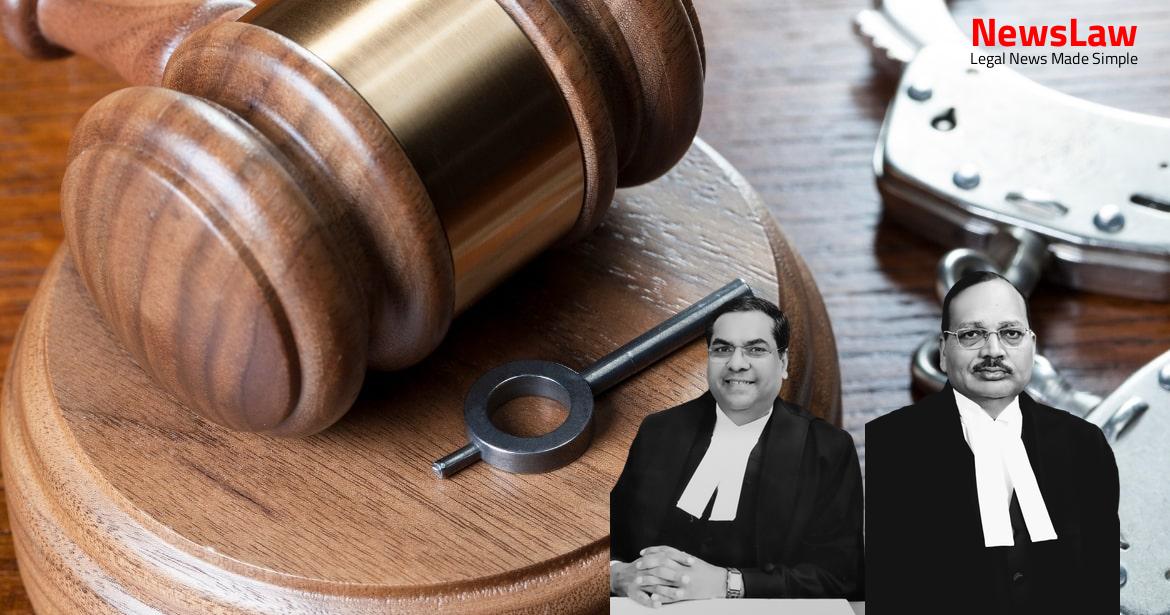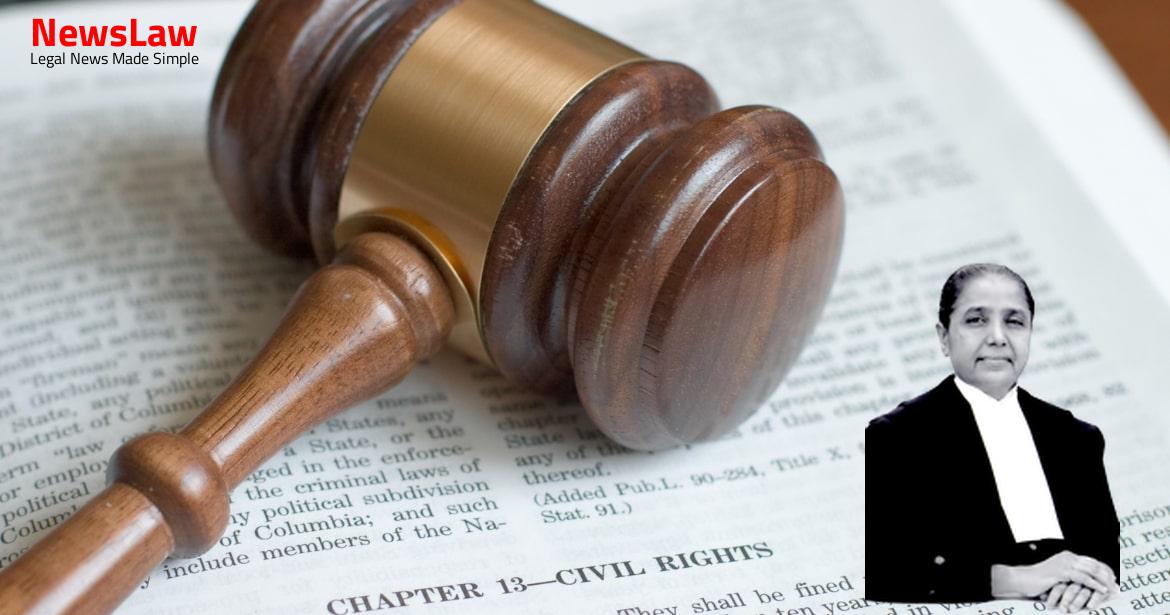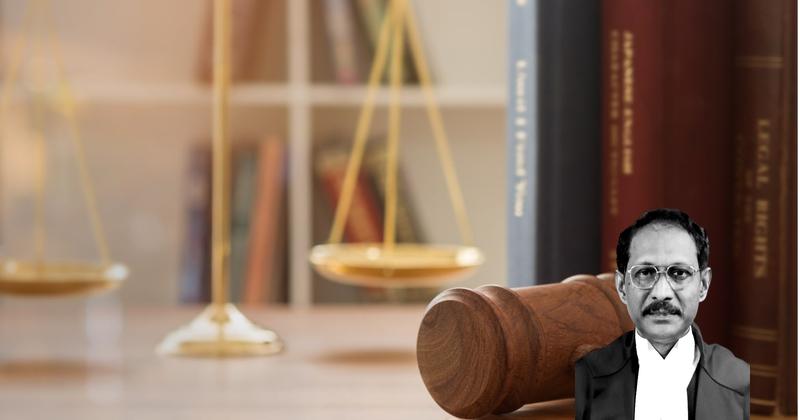In a recent landmark ruling by the Supreme Court of India, a judgment was delivered in the case involving Century Rayon Limited and MSEDC concerning land use for electricity transmission. The court’s decision emphasized the necessity of unobstructed access for laying transmission lines and ensuring fair compensation for affected parties. The judgment sheds light on the complexities of policy decisions related to public benefit in cases involving electricity transmission infrastructure.
Facts
- MSEDC appointed contractors for excavation without prior approval
- Century Rayon Limited engaged in manufacturing and sale of chemicals
- Electricity transmission towers being constructed on appellant’s application for LILO on 100 KV Mohane-Ambernath DC TL
- IVP Limited owner of non-agricultural land at village Vadavali and Mohane filed suit for permanent injunction
- The Maharashtra State Electricity Transmission Co. Ltd (MSETCL) granted sanction to the appellant subject to terms and conditions.
- The High Court of Bombay dismissed the writ petition and affirmed the temporary injunction against the appellant and the second respondent.
- The main issues are left to be decided in the civil suit under the Telegraph Act and Electricity Act.
- Lapses were noted on the part of MSETCL/MSEDC and the appellant for not obtaining necessary permission from the District Magistrate initially.
- Appellant later obtained necessary permission for erecting towers and setting up transmission line after initiating proceedings before the District Magistrate, Thane.
Also Read: Judgment in the Case of Sundew Properties Ltd. v. TSERC & APTEL
Analysis
- The judgment emphasizes the importance of unobstructed access for laying electricity transmission lines for the larger public interest.
- The Telegraph Act, 1885 grants the authority to lay telegraph lines with minimal damage and full compensation to affected parties.
- The installation of transmission lines for generating High Voltage Electricity is considered a policy decision for public benefit.
- Actions taken by Power Grid, such as avoiding buildings and religious places while laying transmission lines, were deemed reasonable.
- Legal provisions allow for the use of third-party land for setting up electricity transmission lines with compensation.
- The interim injunction order against MSEDC was not deemed justifiable given the progress and permissions granted for the transmission line.
- Factors like avoiding blasting near existing lines and using agricultural land efficiently for tower placement were considered during the process.
- The Power Grid was granted powers under the Telegraph Act, 1885 for unobstructed access to lay transmission lines in the larger public interest.
- Disputes regarding sufficiency of compensation under clause (d) of Section 10 will be referred to the District Judge.
- District Judge within the jurisdiction of the property will determine the compensation in case of disputes.
- The determination of compensation by the District Judge will be binding.
- The statement made by MSETCL to stall the setting up and activation of electricity transmission lines should not be disregarded at this stage.
- During the hearing, attempts were made to settle the matter, but failed as Original Name demanded the appellant to purchase a substantial portion of land, which the appellant refused citing no requirement for ownership of such a large area.
Also Read: High Court Judgment on Renewal of Mining Leases: State of Odisha vs. Thakurani Global Processors
Decision
- The impugned order and injunction order are set aside pending an ad hoc payment of Rs. 20,00,000/-.
- The dispute has a commercial aspect related to monetary compensation.
- The court will not adjudicate on the dispute or compensation, leaving the issue open.
- Injunction continuation is not justified in law, leading to the disposition of all pending applications.
- MSEDC and their contractors can continue work upon payment to the first respondent.
- Payment made is subject to the outcome of the civil suit or proceedings under the Telegraph Act for quantifying compensation.
- The appeal is allowed with no order as to costs.
Also Read: Arvind Kejriwal vs. Directorate of Enforcement: Interim Bail Granted by Supreme Court of India
Case Title: CENTURY RAYON LIMITED Vs. IVP LIMITED
Case Number: C.A. No.-009063-009063 / 2019



